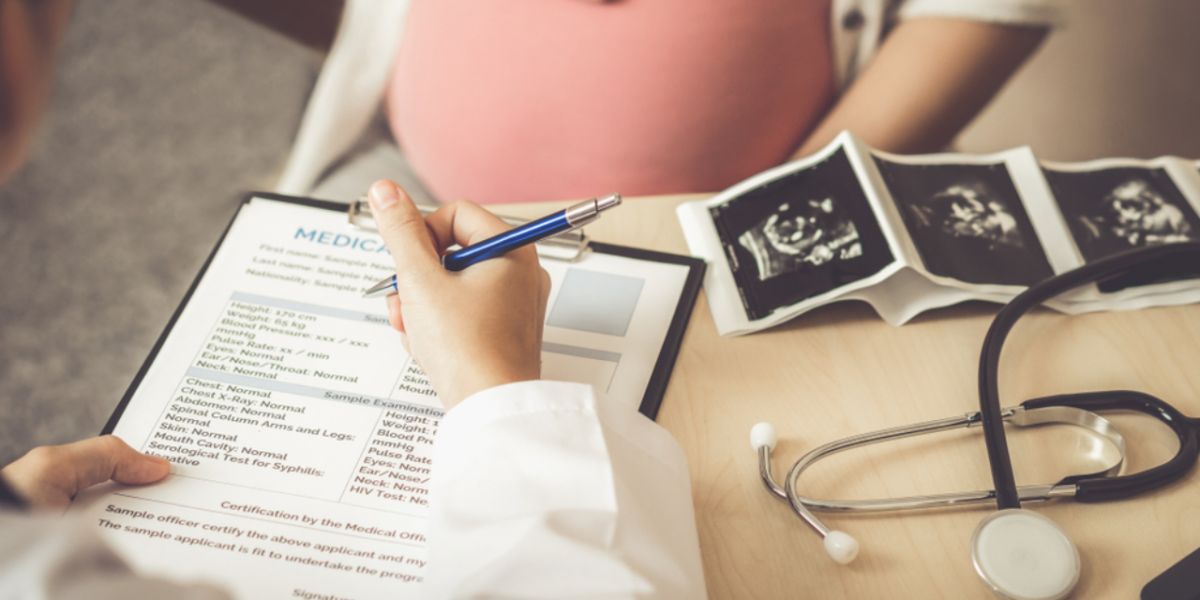
If you plan to have a baby while in Portugal, you will probably be happy to learn that the country has quality healthcare and a reliable social security system. Additionally, depending on your residency status, you may also have access to a number of childcare benefits. This article will give you an overview of what having a baby in Portugal is like.
Maternity care in Portugal
If you are a legal resident in Portugal and make social security contributions, your maternity care payment will be covered under Portugal's national healthcare program -- SNS (Serviço Nacional de Saúde). You will be able to choose what public hospitals you want to receive care at ? unless a specific hospital is required by your general practitioner. To have your maternity care costs covered by SNS, you will need to first register at a local health centre.
You can also choose to be cared for at a private hospital ? in this case, you will need to take our private insurance. You will also need to take out private insurance if you are not covered under SNS.
After you've registered at your local health centre, you will get access to prenatal healthcare services: medical consultations, examinations, etc. Most of these will be covered by your public health insurance. Do note, however, that prenatal classes are not covered and will need to be paid for separately.
Your first prenatal hospital visit should be scheduled between ten and twelve weeks of pregnancy. An ultrasound and pregnancy confirmation appointment typically takes place around from 5th to 8th week.
Throughout your pregnancy, you can expect regular checks of your weight, blood pressure, urine, etc. There will also be gynaecological exams, sonar tests and more. You will need to go in for an ultrasound every trimester.
After your first visit, you will receive a pregnancy booklet where the medical information regarding your pregnancy will be recorded. You will need to bring this booklet to every appointment and take it with you when you go to the hospital to give birth.
Giving birth in Portugal
In most cases, birth will take place in the maternity ward of a hospital.
During birth, a doctor and a midwife will typically be in the room with you. You may also ask for the presence of one more person (partner, relative, etc.). You can also hire a doula for physical and emotional support during childbirth. However, as doulas are not considered to be medical professionals, they may not be allowed into the birthing room unless you have made specific arrangements.Â
Once you've given birth, you will typically need to stay at the hospital for two additional days. In case of a C-section or birth complications, this period may be extended.
When your baby is born, it will be registered at a local health center. Your baby's medical records will include all health checks and vaccinations received.
Note that Portugal has a National Vaccination Plan, which is accessible to all Portuguese residents and is free. The vaccination plan includes vaccines against polio, measles, mumps, rubella, hepatitis B, diphtheria, tetanus and pertussis. Vaccination against other diseases is also available upon request but will need to be paid for separately.
A child born in Portugal will be automatically granted Portuguese citizenship if they are born to Portuguese parents or if at least one of the parents is Portuguese. However, on November 10th 2020, several amendments were made to the Portuguese Nationality Law. These amendments have, among other things, simplified the process of acquiring Portuguese citizenship for foreign children born in the country. Namely:
Children are granted Portuguese citizenship if at least one of the parents is a legal resident in Portugal for a period of one year at the time of birth.
A minor can be granted Portuguese citizenship if at the time of application at least one of their parents is a legal resident in Portugal and if the minor has attended at least one year of school (pre-school, kindergarten, high school, etc.) in Portugal.
Useful links:
We do our best to provide accurate and up to date information. However, if you have noticed any inaccuracies in this article, please let us know in the comments section below.











